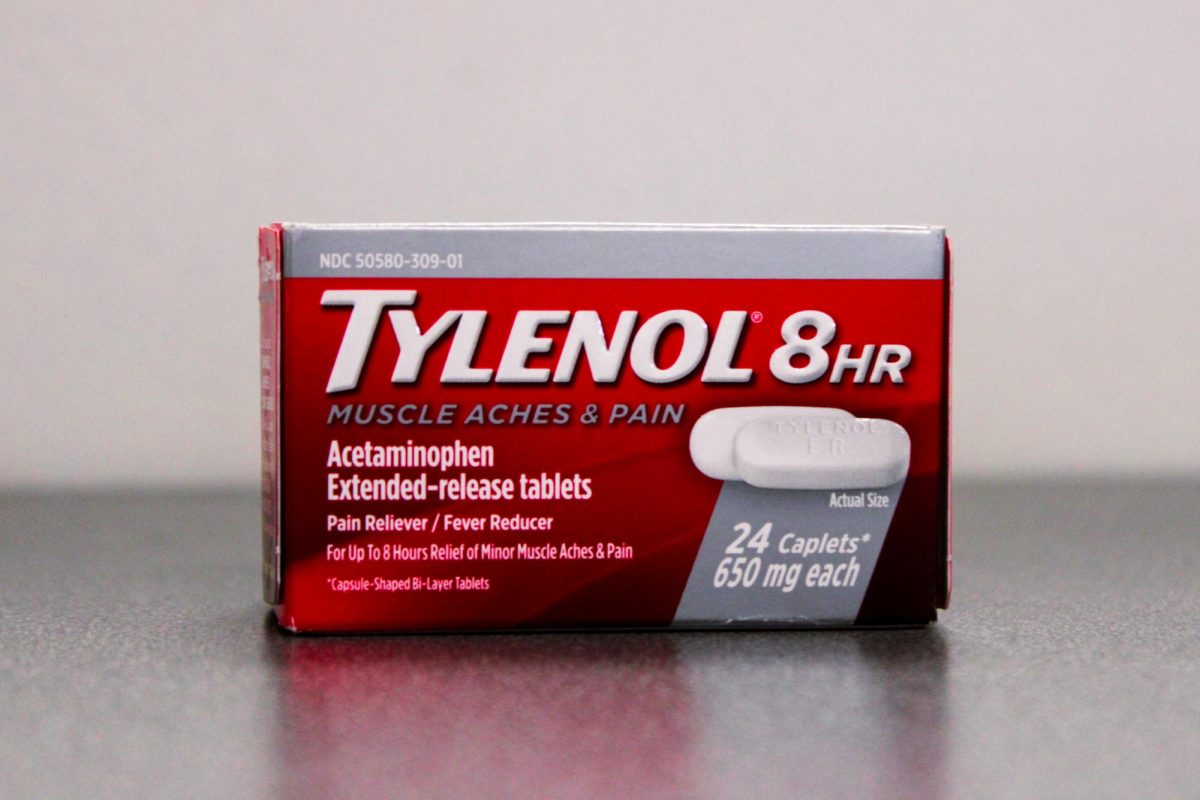Finals are around the corner, and students are preparing to take exams and finish projects, papers or presentations. Finals exist to evaluate a student’s understanding of the entire course material. They also serve to test if students are retaining the information, reinforcing learning and critical thinking skills.
Besides exams, other assignments like projects or presentations are given as a way to provide student feedback, where evaluations for their strengths or areas of improvement are given as an alternative for majors where standardized testing is inapplicable.
Students may or may not like finals, but they are a common practice, as professors use this to assess their methods of teaching or their approach to a subject. If given the choice, what type of final do students prefer?
FINAL EXAM
For the most part, final exams are usually the standard in most courses. Some exams are as easy as having multiple choice questions, some exams might have short answer or essay questions, and some might be a combination.
Final exams often create significant amounts of stress on students. The tougher exams are cumulative, meaning that they cover material from the whole semester. Students usually spend hours upon hours cramming information in preparation for exams, and their scores may not reflect their true knowledge or ability when the time comes.
PAPER/ESSAY
Having a paper or essay as your final assignment might be more flexible for students than taking an exam, but students are still expected to spend time doing research and reading. There is more writing involved, but this is usually done on the student’s own time and pace, and they are usually given a broader selection of prompts to choose from.
While essays or papers have some benefits, they also have drawbacks. With the pressure to perform well, students may be tempted to cheat or plagiarize by not citing sources or copying from other works found on the internet.
PRESENTATION
Presentations usually give students the opportunity to showcase their skills in research, creativity and public speaking. The use of visual aids and multimedia makes this alternative engaging and interactive.
Many presentations require a great deal of effort because students not only have to prepare the information they will be presenting, but they also have to allocate time to practice their presentation. And for students who have stage fright, having to present to an audience can lead to anxiety, potentially impacting their overall grade.
PROJECT
Projects involve hands-on assignments in the form of research, an experiment or an art design, and can be creative and interactive. They can be collaborative and long-term, and can also be based on student interests, fostering a valuable experiential learning experience.
Like any other assignment, projects also involve a major investment of time and effort and can have limited transferability, depending on the topic. This can also lead to subjective grading, depending on the nature of the work and the instructor’s perception.
Finals mark the end of the semester and are used to evaluate a student’s learning and how grades are determined. Some students may do better on exams, while others would rather do projects or give presentations; this means that the difficulty of final exams might vary greatly from one student to the next.
Results of last week’s poll: Which NIU club is most impactful?
Student Government Association — 9%
Campus Activities Board — 26%
Department Clubs — 29%
“Just for fun” Clubs — 35%













